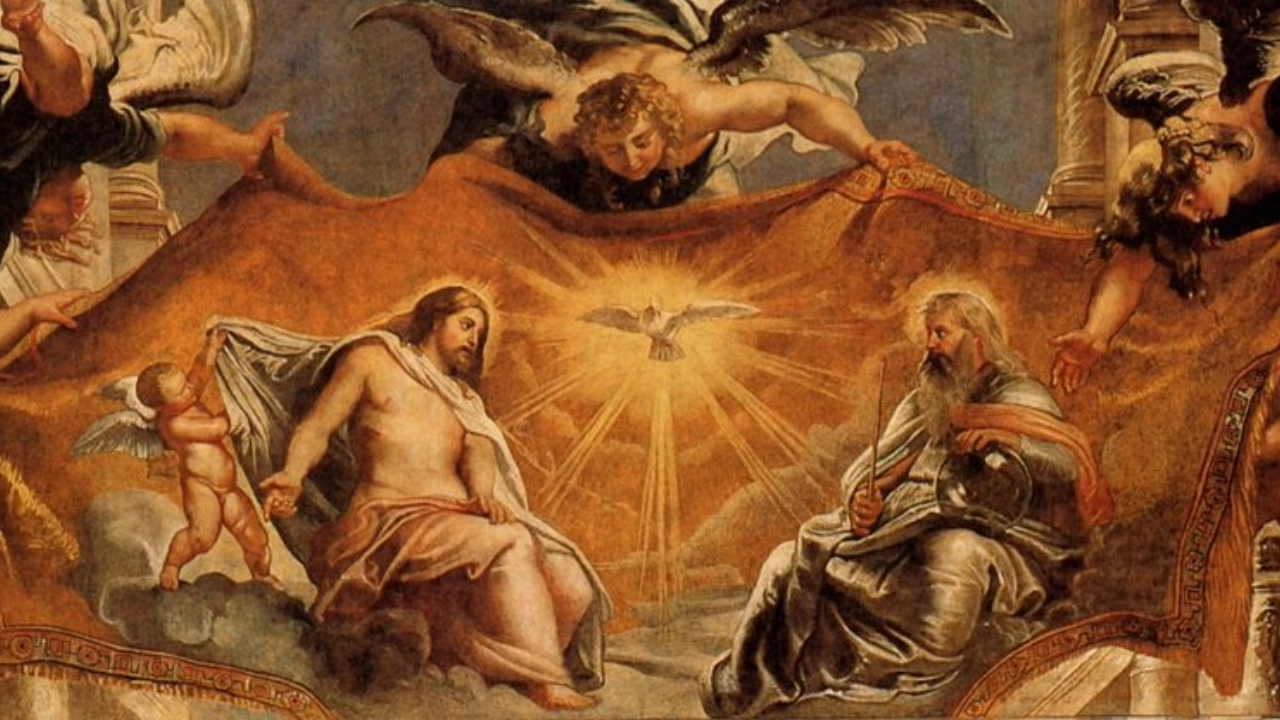Faith traditions are an enthralling realm of human civilization. With diversity as its core essence, religious traditions have shaped individual identities, cultural ethos, and community relationships. This article attempts to illuminate the importance of faith traditions within Christian communities, exploring their origins, beliefs, customs, and their impact on the congregation.
The Origin and Evolution of Christian Traditions
Christianity, rooted in the teachings of Jesus Christ, views faith traditions as pivotal constituents of sacred engagements. From the inception of the Apostolic Age, these traditions have underpinned the theological thoughts, moral values, liturgical practices, and social norms within the Christian realm.
Understanding the Core Christian Beliefs and Their Foundations
The Christian traditions build upon the monotheistic belief in God the Father, the Son, and the Holy Spirit. Reverence for the Holy Bible, observance of sacraments, the significance of prayer, and the emphasis on love, compassion, and forgiveness tenet the Christianity faith traditions.
Christianity Traditions and Customs: A Closer Examination
Christianity's richness is displayed in its myriad traditions and customs. Some primary practices include baptism, the Eucharist, confirmation, matrimony, and the Holy orders. Festivities like Christmas, Easter, and Pentecost, among others, also denote the Christian yearly cycle of celebrations featuring the origin and fulfillment of Jesus Christ's Ministry.
Examples of Faith Traditions in Diverse Christian Communities
The spectrum of Christian faith traditions vary across denominations and regions. While Catholicism upholds traditions like the Rosary and the use of Holy Water, Protestant communities emphasize the supremacy of biblical authority. Orthodox Christians underscore tradition and scripture equally, contributing a distinctive layer to the faith traditions within Christianity.
The Role of Tradition in Religion and Its Impact on Christian Communities
Faith traditions accomplish a profound role in fortifying the Christian communities. They enable individuals to connect with their divine aspect and find solace, guidance, and strength. Communities bonded by shared traditions exhibit unity, empathy, and collective identity.
Conclusion: The Continued Significance of Faith Traditions
Christian faith traditions are invaluable in fostering spiritual growth, moral consciousness, social solidarity, and cultural continuity. As the Christian universe continues to interact dynamically with the modern world, the essence and relevance of faith traditions remain profound and pertinent.



